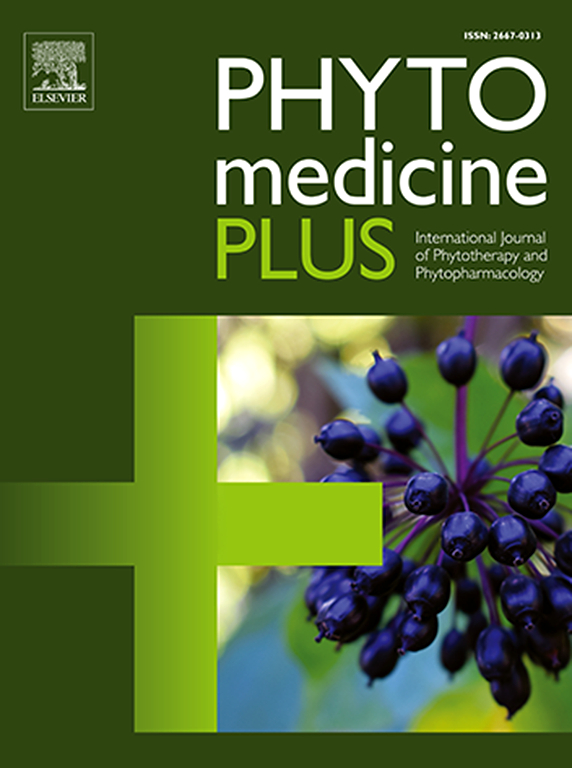The effect of Garcinia livingstonei aqueous leaf extract on hyperglycaemic-induced human sperm cell: An in-vitro study
Q3 Pharmacology, Toxicology and Pharmaceutics
引用次数: 0
Abstract
Hyperglycaemia is the main instigator of the development of male infertility in men with diabetes mellitus (DM). The consequent production of excessive reactive oxidative species (ROS) and a compromised antioxidant defence system leads to testicular damage and a decline in sperm parameters. Supplementation with antioxidants sourced from medicinal plants is beneficial in the treatment of DM-related male infertility. However, a search for more efficacious and easily accessibly medicinal plants is paramount. Garcinia livingstonei is a well-known and accessible medicinal plant used in traditional practices for the treatment of diabetic complications. However, very scarce information on the plant extract's potential benefits exists in the literature. The current study investigated the effect of aqueous leaf extract of G. livingstonei on hyperglycaemic human male sperm cell parameters. Hyperglycaemia was induced using sperm media supplemented with 100 mM D-glucose over 24 h. Hyperglycaemia induction led to a significant (P<0.05) decline in sperm motility, vitality, DNA integrity, mitochondrial membrane potential (MMP), and acrosome integrity. The effect of the plant extract on spermatozoa was concentration-dependent, with the lowest concentration demonstrating the highest protective effects. A significant (P<0.05) improvement in all tested sperm parameters was observed after exposure of the hyperglycaemic spermatozoa to aqueous leaf extract of G. livingstonei. The effect of acarbose on all tested sperm parameters was comparable to that of the plant extract. The findings of this study suggest the potential therapeutic effect of G. livingstonei in the treatment of DM-related male infertility. However, the use of an appropriate dosage depending on the pathological target is paramount.
藤黄水提物对高血糖诱导的人精子细胞的影响:体外研究
高血糖是男性糖尿病(DM)患者发生男性不育的主要诱因。由此产生过多的活性氧(ROS)和抗氧化防御系统受损,导致睾丸损伤和精子参数下降。补充来自药用植物的抗氧化剂有助于治疗dm相关的男性不育症。然而,寻找更有效和更容易获得的药用植物是至关重要的。Garcinia livingstonei是一种众所周知的药用植物,用于治疗糖尿病并发症的传统做法。然而,文献中很少有关于植物提取物潜在益处的信息。本研究主要研究了水提物对高血糖人男性精细胞参数的影响。用添加100 mM d -葡萄糖的精子培养基在24 h内诱导高血糖。高血糖诱导导致精子活力、活力、DNA完整性、线粒体膜电位(MMP)和顶体完整性显著(P<0.05)下降。植物提取物对精子的保护作用呈浓度依赖性,最低浓度的保护作用最强。将高血糖精子暴露于金针叶水提取物后,所有测试的精子参数均有显著改善(P<0.05)。阿卡波糖对所有测试精子参数的影响与植物提取物相当。本研究结果提示利氏石在治疗dm相关男性不育症方面具有潜在的治疗作用。然而,使用适当的剂量取决于病理目标是至关重要的。
本文章由计算机程序翻译,如有差异,请以英文原文为准。
求助全文
约1分钟内获得全文
求助全文
来源期刊

Phytomedicine Plus
Medicine-Complementary and Alternative Medicine
CiteScore
3.70
自引率
0.00%
发文量
178
审稿时长
81 days
期刊介绍:
 求助内容:
求助内容: 应助结果提醒方式:
应助结果提醒方式:


